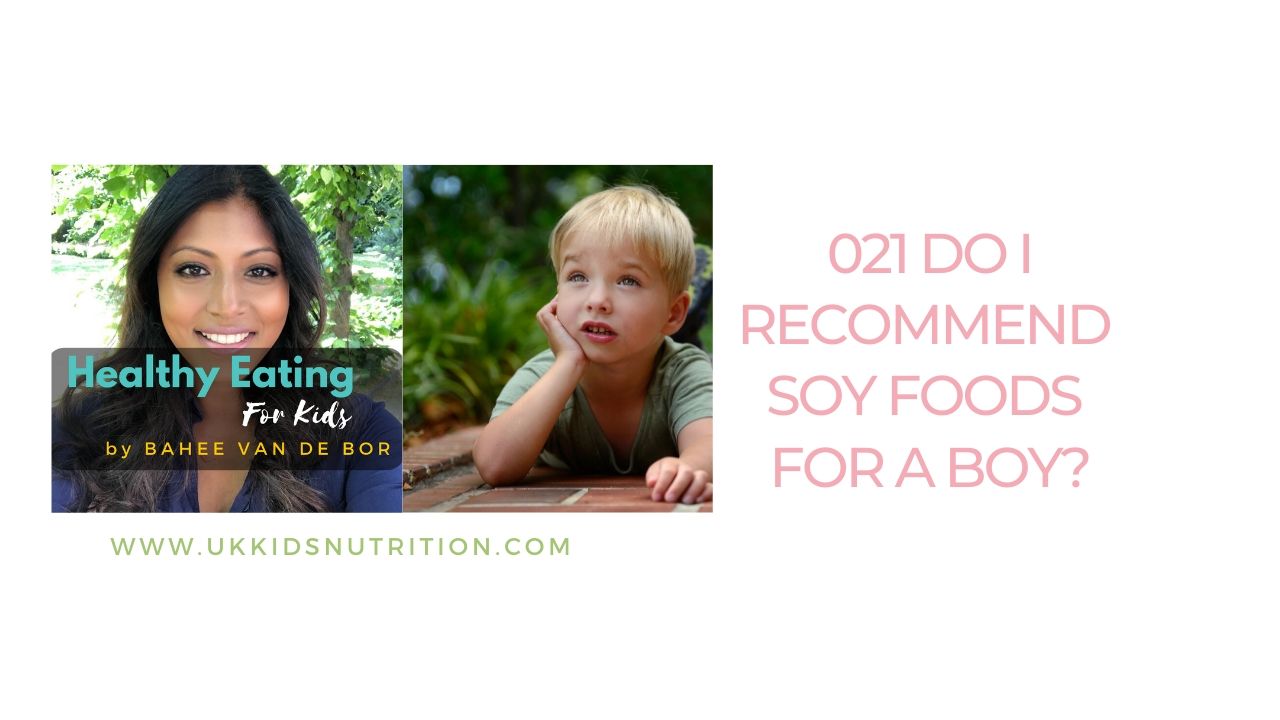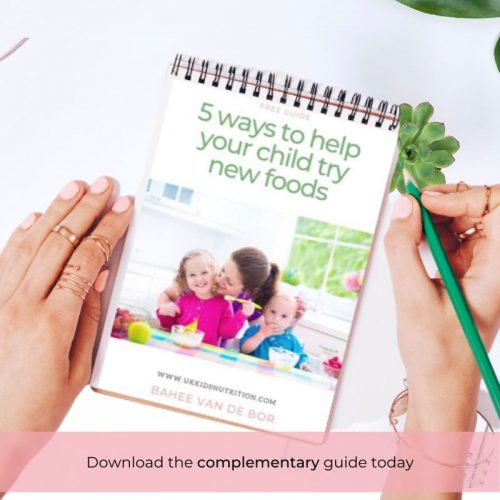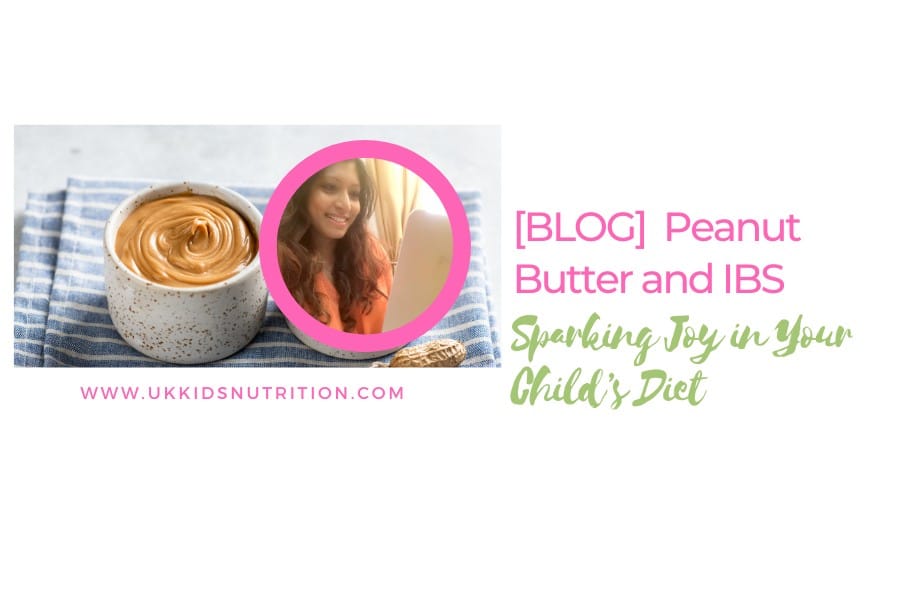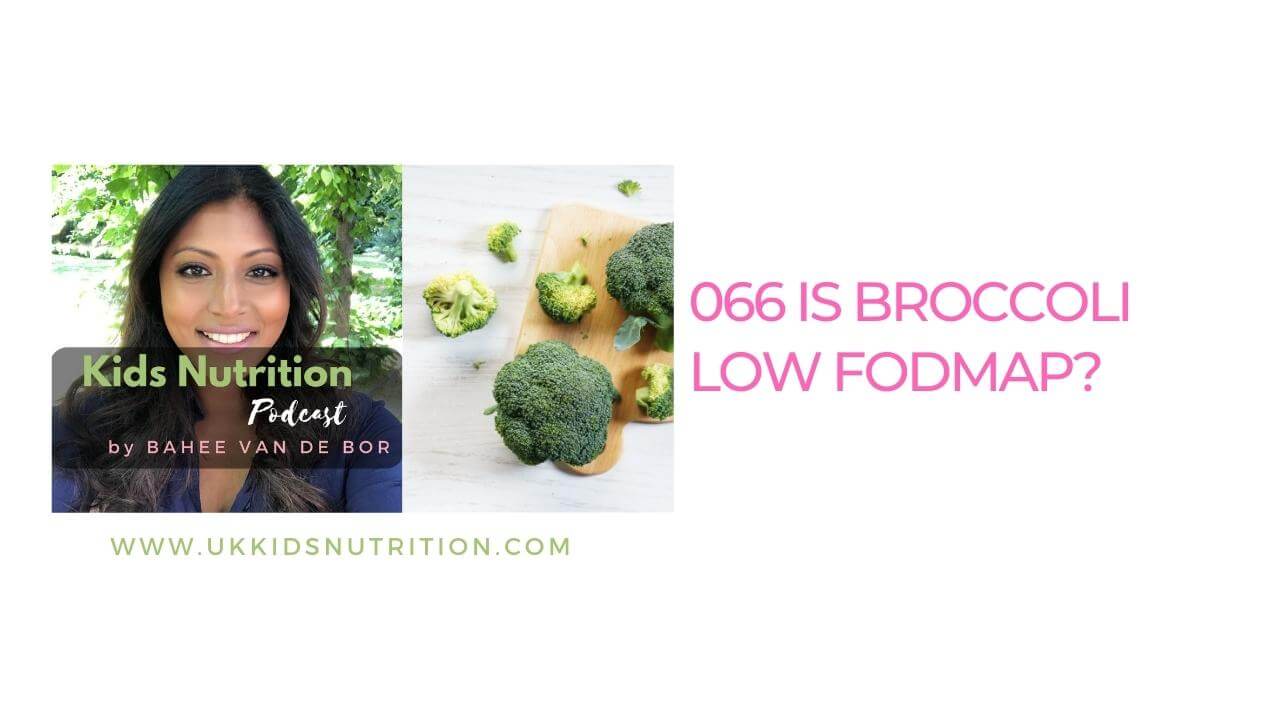Subscribe: Apple Podcast | Email | Spotify | Stitcher
In this blog post, we’ll uncover whether I recommend soy foods for a boy. Soy foods are still feared by parents due to the uncertainly on how it’s phytochemicals, namely isoflavones behave in children’s bodies. Previous laboratory and animal studies have fear mongered and hindered the reputation of soy foods. Find out what the latest evidence is and whether you should avoid or embrace soy foods for a boy.
Soy foods: what does soy have in it?
Soy foods are made from the soy bean plant and are from the pea family.
They are unique because they contain all nine essential amino acids. Although plant proteins are nutritious, it pays to know which plant foods are the best source of protein.
Read:
Soy foods are undoubtedly a nutritious food for kids as they provide high quality proteins, fibre and iron.
But what really sets soy foods apart from other plant foods is the presence of isoflavones called daidzein and genistein.
Sounds good so far, right? However, the potential harm from soy foods first came into question in the 1940s when breeding problems in female sheep fed a kind of clover high in isoflavones was noted. This was when the biological effects of isoflavones was scrutinised more closely against fertility.
What are isoflavones?
Before I tell you more, let’s look at isoflavones a little more closely. Soy foods are the main dietary source of isoflavones.
Isoflavones are often termed as phytoestrogens as they have a chemical structure similar to the human hormone oestrogen. However, it is now well established that in the human body, isoflavones do not behave in the same way as the human equivalent. They are weaker, they only have effects on some tissues in the body and in some situations they can have the opposite effect to oestrogen.
Would I still recommend soy foods for a boy?
In the 1980s further damaging findings surfaced. Cheetahs fed isoflavone-rich soy foods in North American zoos experienced a decline in fertility. Two case studies were also published where men experienced problems with fertility, however, they consumed high doses of soy foods and followed an unbalanced diet.
Despite these initial concerns that soy isoflavones may have oestrogen like activity, a collection of larger good quality clinical studies now show that soy foods do not negatively impact on reproductive hormones in men.
How, you ask? You see, although lab studies showed that soy isoflavones bind and activate to oestrogen receptors, it’s potency is at least 10 000 less compared to our body’s version of oestrogen.
In essence, what this means is that soy isoflavones are metabolised differently in human bodies compared to animals. Laboratory experiments so far have also used pure isoflavones in high doses, unnecessarily fuelling the controversy around soy foods.
Is soya healthy for boys?
The short answer is yes. Soy proteins are rich in high quality protein, are a source of fibre, some vitamins and other minerals like zinc.
As above, soy foods are also safe for both boys and men to enjoy.
Still unsure? Book a free initial consultation with me and enquire about an appointment at my Harley Street clinic.
What are the benefits of eating soy foods?
Soy foods are thought to be beneficial in the following areas of health:
- may be beneficial for bone health. Studies show that those who regularly eat soy foods have stronger bones and are less likely to experience fractures.
- soy foods may protect you from heart disease by keeping the “bad” cholesterol known as LDL-cholesterol within the normal range
- reduce menopausal hot flushes. Consuming 40mg of isoflavones daily, equivalent to 2 glasses of soya milk or 100g soya mince, may help to reduce hot flush frequency by 20.6% and severity by 26.2%. Additionally, during menopause, women’s risk of heart disease is doubled, and consuming soya foods can also help lower the risk. Read more in the BDA Menopause Food Fact Sheet.
- benefits of reduced cancer risk appears to be linked to those who consumed soy foods as a child. Eating soy foods does not increase your risk of cancer, however, do not take soy or isoflavone supplements.
Should you avoid soy based formula?
Infants under 6 months of age should generally avoid soy based formula due to some concerns around the impact of isoflavones in the reproductive organs in young infants.
This is due to the dose of isoflavones per kg of body weight which would be higher in small children.
Only children with a medical condition whereby soy infant formula may be indicated would this be used as first line.
Children following a vegan lifestyle may be able to have soy formula, but do speak to a paediatric dietitian like myself or your family doctor for individualised advice.
Can children with thyroid problems eat soy foods?
Yes, they can. If children eat 1-2 portions of soy foods per day, this is perfectly reasonable.
Occasionally, high intake of soy foods can affect how well thyroid medication levothyroxine are absorbed. This is also true for many herbs, drugs, fibres and calcium supplements.
I still recommend soy foods for a boy with thyroid problems, however, do ensure that your child is eating adequate iodine rich foods in his diet.
Read:
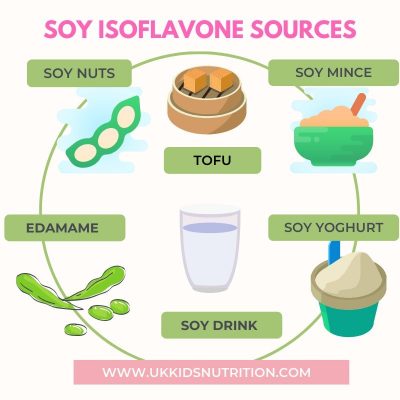
Which foods contain soy?
There are two types of soy, fermented and unfermented soy.
Unfermented soy foods are:
- edamame beans
- minced soy
- soy drinks
- soy yoghurt
- tofu
Fermented soy foods are:
- miso soup
- tempeh
- soy sauce
Note that some of the foods listed above are high in salt.
Read:
Processing also reduce the levels of isoflavones in the final product therefore edamame will be a richer source of isoflavones than soy drink for example.
The summary
In summary, I do recommend soy foods for a boy. As you can see, the controversy around soy foods was initially based around laboratory and animal studies using pure isoflavones or in high doses. Soy isoflavones are also metabolised differently in human bodies.
So far, the health benefits of soy foods outweighs any original concerns there may have been around soy foods. Soy foods may offer protection against reduced risk of heart disease, bone fractures, hot flushes during menopause and possibly even cancer. Larger, high quality studies also concluded that soy foods do not affect fertility outcomes in men.
Let me help
Would you like to meet a children’s dietitian who has successfully helped families solve their nutrition problems from around the world?
Whether you are worried about picky eating, food allergy or need to help your child build a healthy relationship with food, I’ll help you manage these with confidence.
For bookings and enquiries book a free initial consultation here to talk about how I can help you.
Subscribe: Apple Podcast | Email | Spotify | Stitcher
